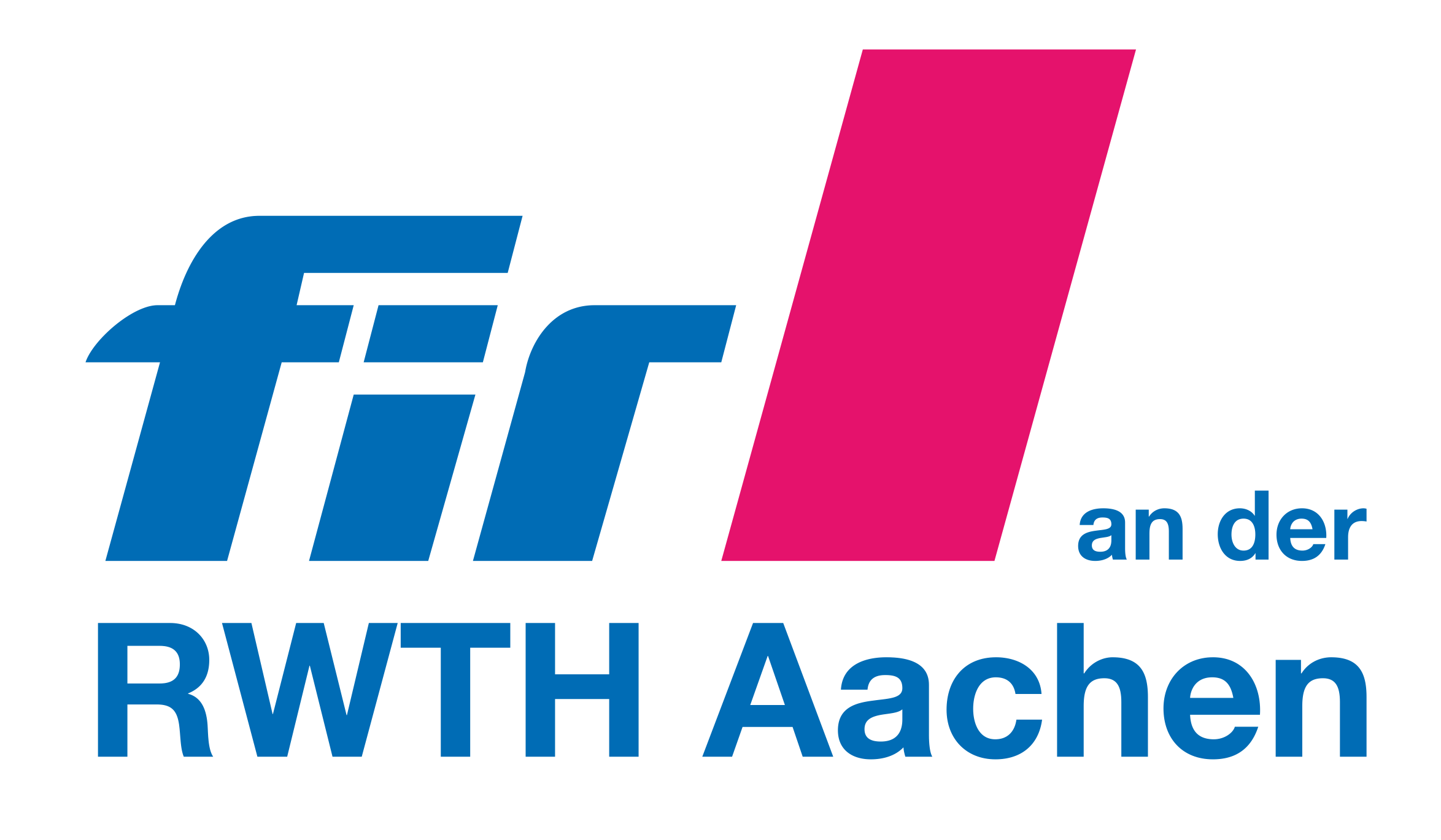Digivation
Developing new services based on digitization – identifying methods, seeking opportunities and disseminating results for the implementation of smart services

The goal of the Digivation project is to create generic and practicable best practices for the development, marketing, and performance of digital services. The development of the methods is based on the close connection of digital process innovation with new concepts of service engineering, individualization, and customer participation.
Hereby the main objective of the Digivation project is to accelerate the digital transformation of the economy with the help of service innovation. Based on this integrated perspective, Digivation supports collaborative projects of the funding line service innovation based on digitization by helping them with the preparation and the transfer of their project outcomes.
Service innovation based on digitization
Digitization is currently one of the main drivers of innovation and industrial growth. It quickly and effectively changes the patterns and interconnections of the value chain. Hence, the industry is now faced with the challenge of redesigning services accordingly.
Digitization makes new resources such as process data or operating data accessible for new services and changes the interaction within service processes. It also leads to the combination and linkage of previously unconnected service system parts. Services become independent of time and place, making them easier to scale and standardize, if required.
Based on this foundation, it is also easier to visualize the continuous development towards more complex systems of services. Therefore, a more extensive engineering of an overall higher quality is possible. It is the objective of the funding project to take a step towards highly efficient service systems and to improve the level of customer involvement in the process of creating and producing services.
Companies and customers should have the opportunity to design, obtain, and provide services that meet their requirements and specifications.
Developing, marketing, and performing digital services purposefully
The goal of the Digivation project is to create generic and practicable Best Practices for the development, marketing, and performance of digital services. The development of the methods is based on the close connection of digital process innovation with new concepts of service engineering, individualization, and customer participation.
Hereby the main objective of the project is to accelerate the digital transformation of the economy with the help of service innovation.
Best practices for service innovations based on digitization
Based on this integrated perspective, Digivation supports collaborative projects of the funding line service innovation based on digitization by helping them with the preparation and the transfer of their project outcomes. By offering summer schools, conference tracks, workshops, and special journal editions to communicate projects results, a forum will be created for the development, publication and transfer of the findings.
In order to strengthen the scientific foundation as well as the applicability of the results, international experts will be involved in the project. These project’s staff will participate in international meetings, workshops and conferences, which will offer suitable surround-ings for an open discussion for disseminating the project’s results and for generating new input and perspectives.
In addition to disseminating the findings of the individual collaborative projects, the superordinate project Digivation also promotes the integration and consolidation of these results. Because of this, the findings of the project are generalized and can be applied to different kinds of industrial use-cases. As a result, a typology of Best Practices will be provided to support companies that strive to create service innovations with the help of digitization.
In order to communicate the findings and create awareness for the Best Practices, transfer activities will take place (e.g. status seminars, user conferences, trade fair appearances and press releases).
A central platform will be put in place to ensure that the findings of the different research projects are enduringly available and accessible. The platform will also serve as a contact opportunity for companies and institutions looking for information on the project.
Designing digital transformation based on services
Based on the identification of Best Practices, this project will deliver specific knowledge regarding the question of how and under what circumstances digital service innovations are related with the overall digital transformation of companies and the general economy. Because of this, the project will add to the successful creation of digital transformation as a megatrend of our society and economy.
Based on a summarizing analysis of the results, we will identify the fields of action that still require further measures and instruct suitable actions accordingly. Finally, the overall project experience and the findings will be used to create a roadmap to digital transformation.
This roadmap will include recommendations on the topic of service digitization for politics, economy and society.
Project partners
Associated partners
- AFSMI German Chapter e. V., München
- CROWDCONSULTANTS 360 GmbH, Berlin
- DIN e. V., Berlin
- FOKUS:SE, Leipzig
- Forum Vision Instandhaltung e. V., Ratingen
- IG Metall, Frankfurt
- IHK Niederbayern, Passau
- Kundendienst-Verband Deutschland e. V. (KVD), Dorsten
- MHP Management- und IT-Beratung GmbH, Ludwigsburg
- UNITY AG, Büren
- VDMA e. V., Frankfurt
Branch
- Consulting and Auditing
- Associations
- Research and Development
Topic Area
- Business Transformation
- Service Management
Research Focus
- Digital Products
JRF Guiding Topic
- Society & Digitization
Contactperson
Projectinfos
Duration
Funding no.
02K14A221Project homepage
digivation.deFunding information
This research and development project project Digivation constitutes the superordinate project of the funding line Service Innovation Based on Digitization and is funded by the German Federal Ministry of Education and Research within the research program Innovations for Tomorrow's Production, Services and Work under the registration number 02K14A221 and managed by the Project Management Agency Karlsruhe (PTKA). The author is responsible for the contents of this publication.




